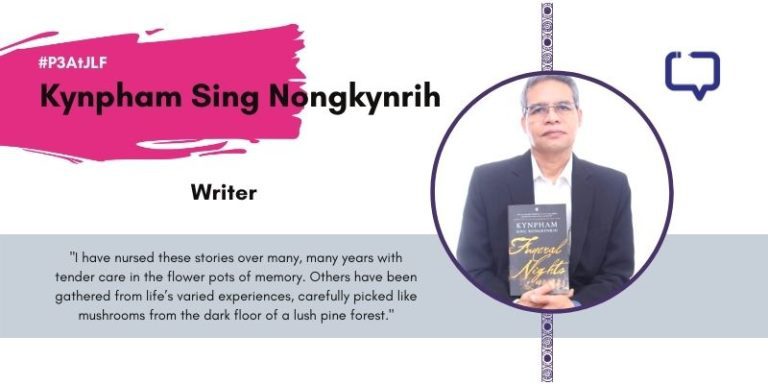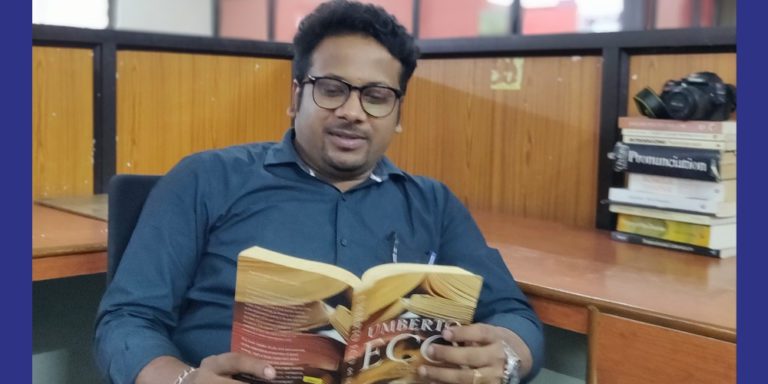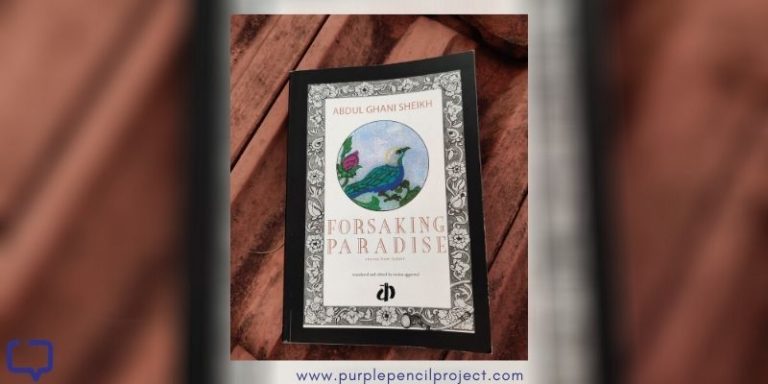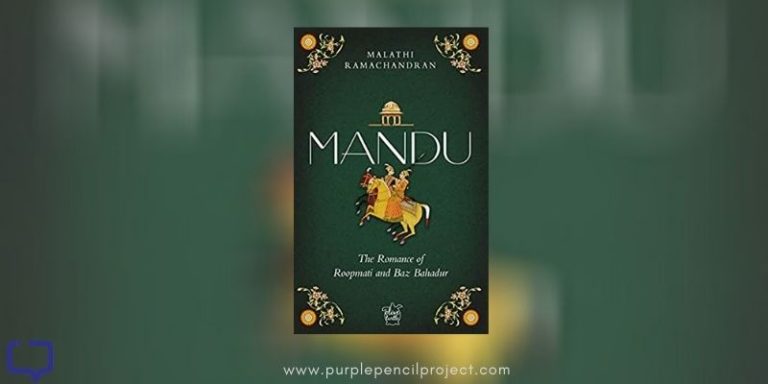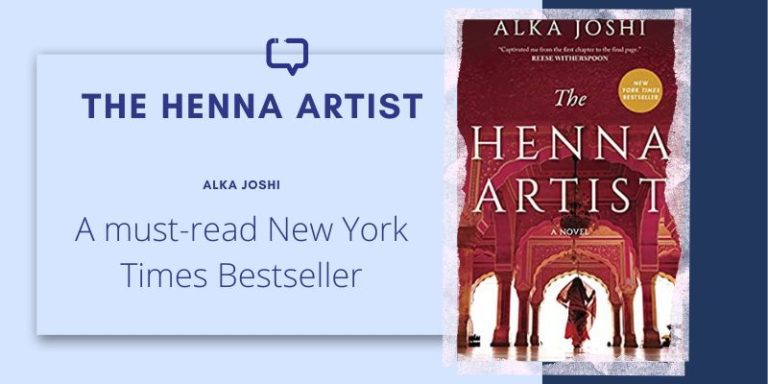Amritesh Mukherjee reviews How Do You Live? by Genzaburo Yoshino, translated by Bruno Navasky (published by Rider, 2021).
I feel that human particles are all connected like strings in a net, with countless other people that they haven’t met or even seen, and without even knowing it.
– Genzaburo Yoshino, How Do You Live?
You know how they say the darkest nights make the brightest stars? Or that the biggest tragedies forge the most beautiful creations? Or how great pain is needed for great art? Mankind has created the most enduring artworks from profound suffering, from Erich Maria Remarque to Virginia Woolf to Vincent Van Gogh. While I don’t completely align with the sentiment, it’s a noteworthy one, nevertheless. And one that perfectly applies to the book in question today.
Historical Contexts that Shaped How Do You Live?
Tokyo in the 1920s was in a pernicious state. The government quashed any anti-authoritarian sentiment, and Genzaburo would be jailed for 18 months for his involvement in socialist politics. But, as is often the case, his time in jail solidified his idealism. So when he was offered the task of writing an ethics textbook, the last part of a series of books for young Japanese readers, he’d write a masterpiece that transcends time and regional boundaries.
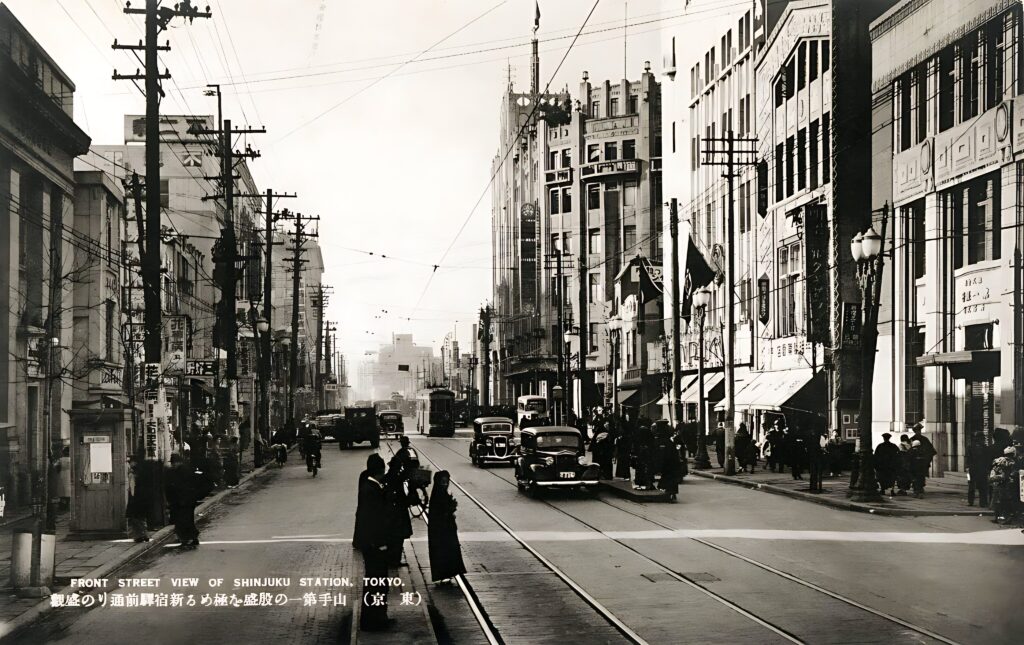
To escape the thought police (the Tokkō) of the fascist government, the textbook became a novel, one with a series of essays intertwined with a larger narrative. Each chapter of the book is followed by one essay around a life lesson (the essay being a letter to “Copper” Jun’ichi, the story’s protagonist, from his uncle). Copper has lost his father and is tumbling through the many issues a boy his age faces, with the added weight (and beauty) of curiosity.
We have the power to decide on our own who we will be.
– Genzaburo Yoshino, How Do You Live?
Therefore, we will make mistakes.
However—
We have the power to decide on our own who we will be.
Therefore, we can also recover from mistakes.
The Themes in How Do You Live?
It’s a book that urges you to speak the truth, think on your own, stay curious, speak for the voiceless, and, most importantly, become an individual (instead of a cog in the mechanisms of society). There are lessons on an array of subjects, like what makes a great man great, how to look at the things around you and build empathy towards the less fortunate. Each essay covers a separate subject, from simple concepts like humanism to more complex ones like class and societal hierarchies.
It’s truly painful to admit one’s own mistakes. Most people think up any excuse they can to avoid it.
– Genzaburo Yoshino, How Do You Live?
However, Copper, when you have made a mistake, to recognize it bravely and to suffer for it is something that in all of heaven and earth, only humans can do.
Despite the inherent simplicity of the plot (and the perspective: that of a 15-year-old boy in interwar Tokyo or letters addressed to the boy), you can’t ignore the historical and social contexts surrounding the book, under which the book grows in stature, its themes becoming maturer and more nuanced, and, most importantly, possessing a flexibility that makes it suited to a young reader as much as an older one. The flexibility brings us to our next point: the latest (and probably Hayao Miyazaki’s last) film, The Boy and the Heron, loosely inspired by the book (while sharing many themes and contexts). Let’s see how.
The Connection Between How Do You Live? by Genzaburo Yoshino and The Boy and the Heron by Hayao Miyazaki

It’s well known by now (and if you didn’t, the introductions and prefaces make sure you do) the love Miyazaki holds for How Do You Live?. There are autobiographical elements in the movie (with many instances and contexts starkly similar to Miyazaki’s own), and the book somehow fits perfectly between Miyazaki’s own life and the film’s story. To draw external similarities, both the book and movie protagonists are teenage boys who have lost a parent, namely, Copper and Mahito, respectively. Both are coming-of-age stories, and both are set in a war-torn nation.
But even when you have read the books and learned the ideas, the ultimate key to the mystery will be—Copper, of course it will be you. You, yourself and no other.
– Genzaburo Yoshino, How Do You Live?
While the book is a more grounded version of the basic premise of a boy coming to terms with his life and becoming a better version of himself, the film is surprisingly intimate, too, mostly because of the vulnerability with which Miyazaki shares his life (there’s a beautiful scene where the boy receives a book titled How Do You Live? from his mother). While he might have announced the 2013 The Wind Rises as his last, this one actually feels like it. There’s a sense of things concluding, worlds collapsing (literally and figuratively), and a bittersweet departure.

There are common themes of loss (of love, power, relationships), change and coming to terms with it, and philosophical, existential questions. Despite not being tangibly related then, they still are connected to each other despite the surface-level differences. Maybe the best way to connect them is the fact that they both take different paths to the same destination, of forcing you to take an inward journey.
The Translation
The translation is a delight to read, and while it would be a foolhardy exercise to speculate how it compares to the original Japanese (having not read it myself), it shares the story and its message’s simplicity and innocence, which combine to create a magical (and almost nostalgic) journey that’s as much for young readers as it is for their older counterparts. I think that in itself is a testament to the quality of the translation. Bruno Navasky’s translation of How Do You Live? perfectly complements its story and never does it stumble or falter, matching Yogashino’s story’s tempo.
Favourite Quotes from How Do You Live? by Genzaburo Yoshino
If it means anything at all to live in this world, it’s that you must live your life like a true human being and feel just what you feel. This is not something that anyone can teach you from the sidelines, no matter how great a person they may be.

And with extraordinary abilities, isn’t it possible that one might just as easily accomplish extraordinarily bad things?
The world is full of people who are not bad, but weak, people who bring unnecessary misfortune upon themselves and others for no reason but weakness. A heroic spirit that’s not devoted to human progress may be empty and meaningless, but goodness that is lacking in the spirit of heroism is often empty as well.
And that is why you absolutely must attend to the things you feel in your own heart, the things that move you deeply. That is what is most important, now and always. Do not forget this, and think carefully about what it means.
Conclusion
If you love reading heartwarming stories or books brimming with historical contexts, you must pick How Do You Live? by Genzaburo Yoshino. Whether you’ve watched the Studio Ghibli movie or plan to, the book will perhaps make you appreciate it more. It will also make you appreciate the subtleties that Miyazaki has injected into his carefully built movie, the last of his immortal legacy.













